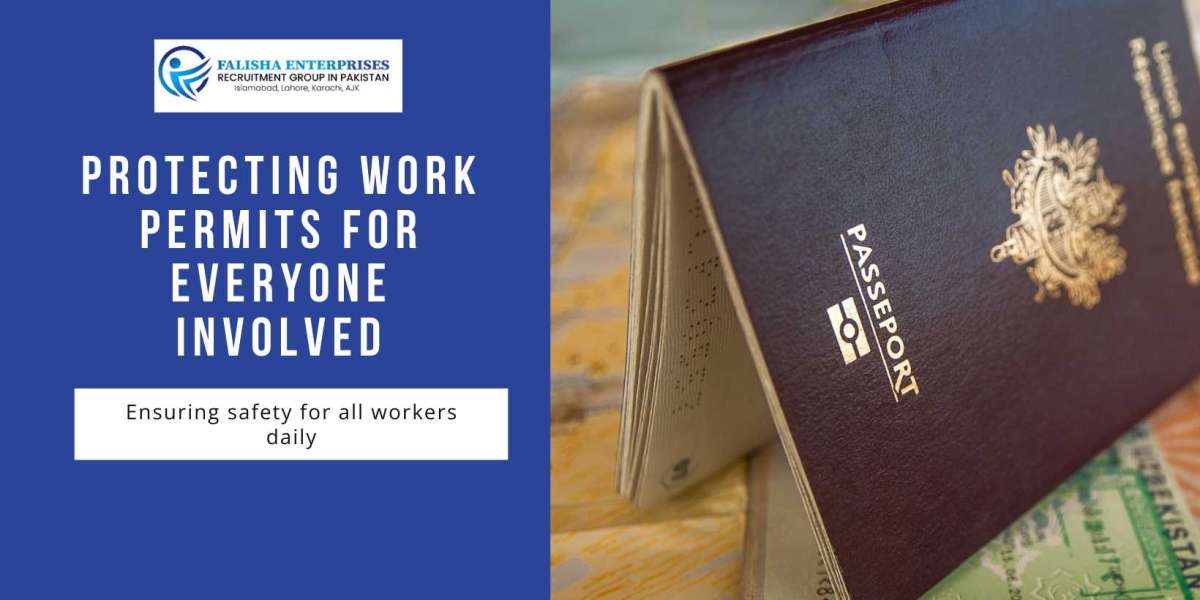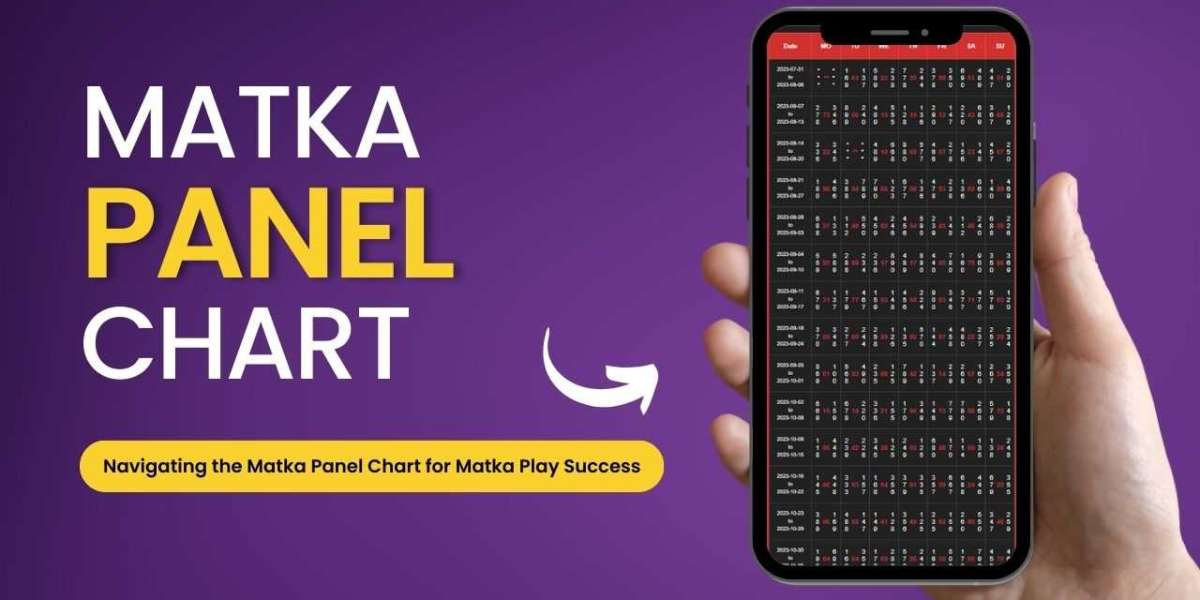In the complex world of international employment, especially for individuals seeking opportunities in countries like Saudi Arabia, the term “protector” holds significant importance. Whether you're a worker aiming to secure a better future or a recruitment agency facilitating international job placements, understanding what a protector is and why it is necessary is crucial.
In this article, we’ll explore in depth what the protector system entails, why it’s vital, the costs involved, and the steps for registration. We'll also delve into how it helps workers safeguard their rights and how recruitment agencies can assist in streamlining this process.
1. What Is a Protector in the Context of Work Permits?
At its core, a protector is a legal safeguard or an official system established by the government to protect the rights of workers traveling abroad on a work visa. This system ensures that these workers, especially those going to Gulf countries like Saudi Arabia, are not exploited and that they are treated fairly as per the employment terms outlined in their contract.
1.1 Why the Need for a Protector?
Many countries with stringent labor laws, like Saudi Arabia, have seen cases of exploitation, overwork, underpayment, or termination of workers without any valid reason. This system was developed to prevent such issues and provide workers with a layer of legal protection when they travel to these countries under a work permit. Without a protector, a worker may face serious challenges, including lack of access to government support or compensation in case of any disputes with the employer.
Furthermore, a protector helps workers by:
- Ensuring Employment Contracts Are Honored: When a worker is registered under the protector system, both the recruitment agency and the employer are legally bound to honor the terms of employment, including salary, working hours, and other contractual obligations.
- Providing Legal Recourse: If a worker faces unjust termination, non-payment of salary, or other issues with their employment, the protector system ensures that they can file a complaint and seek compensation or redress.
- Accountability of Recruitment Agencies: Recruitment agencies involved in the placement of workers are held accountable for providing accurate information about the job and for ensuring that all the necessary legal paperwork, including protector registration, is completed.
2. The importance of the protector system for workers
For workers traveling abroad, especially to Gulf countries such as Saudi Arabia, the protector system is not just a requirement but a shield that offers a range of benefits and protections.
2.1 Legal Protections and Rights
One of the foremost benefits of having a protector is the legal protection it offers. Workers who register under this system are given certain rights, which they can exercise if the employer fails to fulfill their contractual obligations. These rights are vital in countries where the legal system may otherwise not provide strong protection for foreign workers.
For example, if a worker is terminated without a valid reason or if the employer does not provide the agreed-upon salary or working conditions, the worker can file a complaint through the protector system. The government will then investigate the complaint and take necessary actions to ensure the worker’s rights are restored.
2.2 Protection Against Unfair Recruitment Practices
Recruitment agencies play a pivotal role in helping workers secure jobs abroad. However, not all agencies operate ethically. Some may overcharge workers, provide false job descriptions, or fail to ensure that the workers are legally protected once they reach their destination.
With the protector system, recruitment agencies are required to follow strict guidelines when placing workers abroad. This ensures that the agencies provide accurate job descriptions, fair wages, and legal protection to the workers. If an agency violates these guidelines, the worker can file a complaint, and the agency may face penalties or be banned from operating.
2.3 Preventing Illegal and unethical employment practices
There have been instances where workers are sent abroad without proper documentation or protection, leading to exploitation or even deportation. The protector system helps prevent such practices by ensuring that all the necessary legal procedures are followed before a worker leaves their home country. This includes verifying the worker’s visa, employment contract, and other necessary documents.
Moreover, the system ensures that workers are fully aware of their rights before they leave, which helps prevent exploitation by unethical employers.
3. Steps to Register for a Protector
The process of registering for a protector is a crucial step for any worker heading abroad on a work visa. While the exact process may vary slightly from country to country, the basic steps remain the same.
3.1 Obtaining an E-Wakala
The first step in the protector registration process is to obtain an E-Wakala, which is a visa authorization document issued by the employer or sponsor in the destination country. This document serves as proof that the employer has officially requested the worker’s services and is sponsoring their visa.
For workers heading to Saudi Arabia, the E-Wakala is particularly important, as it is required by both the Saudi government and the worker’s home country to proceed with the work visa application.
3.2 Medical Examination
Before a worker can be registered under the protector system, they must undergo a medical examination to ensure they meet the health requirements of the destination country. This is especially important for countries like Saudi Arabia, where there are strict health regulations for foreign workers.
The medical examination typically includes tests for infectious diseases, physical fitness, and overall health. Workers must provide the results of this examination as part of their protector registration.
3.3 Biometrics Submission
In addition to the medical examination, workers are also required to submit biometric data, including fingerprints and a photograph. This data is collected to ensure that the worker’s identity is accurately recorded in the protector system and to prevent fraud or identity theft.
Biometric data can be submitted at designated Etemad or Etimad offices, which are authorized by the government to collect and verify this information.
3.4 Submission of Documents
Once the worker has obtained their E-Wakala, completed their medical examination, and submitted their biometric data, they must gather all the necessary documents for protector registration. These documents typically include:
- Passport: A valid passport with at least six months of remaining validity.
- National ID Card: For identity verification.
- Photographs: Usually, a few passport-sized photographs are required.
- Medical Report: The results of the worker’s medical examination.
- Biometric Data Slip: A confirmation slip from the biometric submission.
- Additional Certificates: Depending on the country’s requirements, workers may also need to submit a police clearance certificate or other relevant documents.
3.5 Submission to the Embassy
Once all the required documents have been gathered, they must be submitted to the embassy of the destination country. The embassy will review the documents and, if everything is in order, will approve the protector registration.
This process may take a few weeks, depending on the embassy’s workload and the specific requirements of the destination country.
4. Costs involved in Protector Registration
While the exact costs of protector registration can vary based on the country and the specific circumstances of the worker, there are several common fees that workers should be aware of.
4.1 Government Fees
Most governments charge a fee for processing the protector registration. These fees cover the administrative costs of reviewing the worker’s documents and verifying their eligibility for the protector system.
In countries like Saudi Arabia, these fees can range from $100 to $300, depending on the specific requirements of the worker’s visa and employment contract.
4.2 Medical Examination Fees
Workers are required to pay for their medical examination, which is conducted by a government-approved medical facility. The cost of the medical examination can vary, but it typically ranges from $50 to $150.
4.3 Biometrics Fees
There is usually a small fee for submitting biometric data, which can range from $20 to $50. This fee covers the cost of collecting and storing the worker’s biometric information.
4.4 Recruitment Agency Fees
Recruitment agencies often charge additional fees for their services, including helping the worker obtain an E-Wakala, preparing the necessary documents, and submitting the protector registration. These fees can vary widely depending on the agency and the level of service provided.
It’s important for workers to carefully review the fees charged by recruitment agencies to ensure they are reasonable and transparent.
5. Common Challenges and Solutions
While the protector registration process is designed to protect workers, there can be challenges along the way. Here are some common challenges and potential solutions.
5.1 Delays in Processing
One of the most common challenges workers face is delays in processing their protector registration. This can be due to a variety of factors, including delays in obtaining the E-Wakala, issues with the medical examination, or backlogs at the embassy.
Solution: To avoid delays, workers should start the registration process as early as possible and ensure they have all the necessary documents prepared in advance. They should also work with reputable recruitment agencies that can help expedite the process.
5.2 Incomplete or incorrect documentation
Another common challenge is submitting incomplete or incorrect documentation, which can result in the protector registration being delayed or rejected.
Solution: Workers should double-check all their documents before submission to ensure they are complete and accurate. If they are unsure about any part of the process, they should seek advice from their recruitment agency or legal advisor.
5.3 High Costs
The costs of protector registration can be a financial burden for some workers, especially when combined with other expenses such as travel and visa fees.
Solution: Workers should carefully budget for the costs of protector registration and seek out recruitment agencies that offer transparent and reasonable fees. In some cases, employers may cover the cost of protector registration as part of the employment package.
6. Conclusion
The protector system is an essential part of the work permit process for workers traveling abroad, especially to countries like Saudi Arabia. It provides crucial legal protections and ensures that workers are treated fairly and ethically by their employers. For individuals seeking employment through a recruitment agency in Pakistan for Saudi Arabia, understanding the steps involved in protector registration, the costs, and the challenges becomes even more critical. Workers can navigate the process with confidence and ensure they are fully protected when working abroad. Whether you’re a worker or a recruitment agency, following these guidelines will help you ensure that the protector registration process goes smoothly, providing peace of mind and security for all parties involved.








